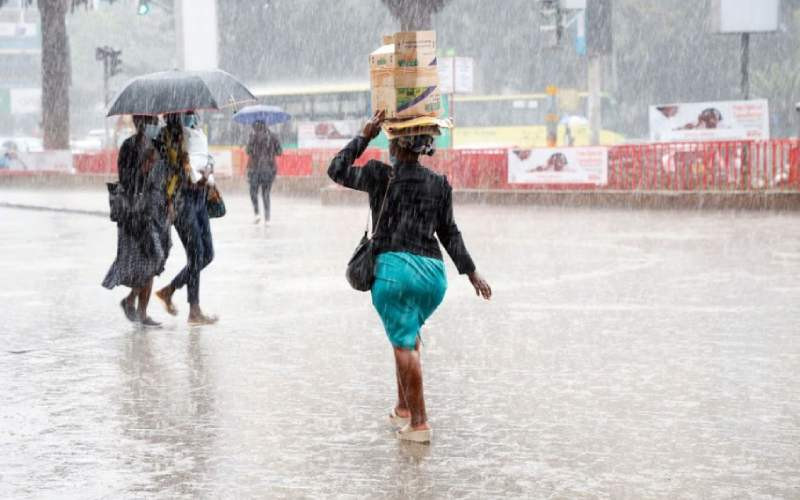×
The Standard e-Paper
Smart Minds Choose Us

The Kenya Meteorological Department has predicted that the country will receive below-average rainfall in the upcoming long rain season.
In Kenya, the long rains season is between March and May.